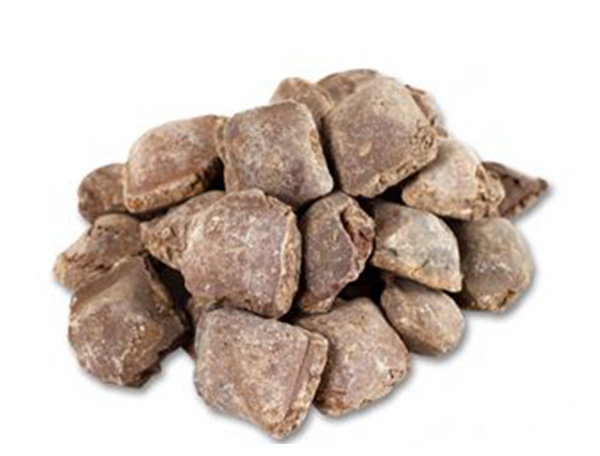The machining process and corrosion and mechanical properties of high purity magnesite have many characteristics: fast heat dissipation, light weight, good rigidity, certain corrosion resistance and dimensional stability, impact resistance, wear resistance, good attenuation performance and easy recovery; In addition, there are high thermal and electrical conductivity, non-magnetic, good shielding and non-toxic characteristics. Application: Magnesium alloy is widely used in portable instruments and automobile industry to achieve the purpose of lightweight.
Although the specific gravity of magnesium alloy is heavier than plastic, its strength and elasticity ratio per unit weight are higher than plastic. Therefore, in the case of parts with the same strength, magnesium alloy parts can be made thinner and lighter than plastic. In addition, as the specific strength of magnesium alloy is higher than that of aluminum alloy and iron, the weight of aluminum or iron parts can be reduced without reducing the strength of parts.
Magnesium alloys have relatively high specific strength. The specific rigidity is close to aluminum alloy and steel, much higher than engineering plastics. Within the elastic range, the energy absorbed by magnesium alloy under impact load is half that of aluminum alloy, so magnesium alloy has good anti-seismic and noise reduction performance. The melting point of magnesium alloy is lower than that of aluminum alloy. The tensile strength of magnesium alloy castings is equivalent to that of aluminum alloy castings, generally up to 250MPA and over 600 Mpa. The yield strength and elongation are not different from aluminum alloy. Magnesium alloy also has good corrosion resistance, electromagnetic shielding performance, radiation protection performance, can achieve 100% recycling.
The stability of magnesium alloy is higher than that of high pressure casting, so it can be machined with high precision. Magnesium alloy has good die casting molding performance, the wall thickness of die casting pieces up to 0.5mm. Suitable for manufacturing all kinds of automobile die casting parts. Magnesium alloy is an alloy based on magnesium and composed of other elements. Its characteristic is: density is small, specific strength is high, elastic modulus is big, seismic extinction property is good, bear impact load capacity is bigger than aluminium alloy, anticorrosion property is good. The main alloy elements are aluminum, zinc, manganese, cerium, thorium and a small amount of zirconium or cadmium. At present, magnesium aluminum alloy is widely used, followed by magnesium manganese alloy and magnesium zinc-zirconium alloy.
The specific gravity of magnesium alloys is the lightest of all structural alloys and, therefore, the weight of aluminum or iron components can be reduced without reducing the strength of the components. The specific strength of magnesium alloy is significantly higher than that of aluminum alloy and steel, and the specific stiffness is equivalent to that of aluminum alloy and steel. Within the elastic range, magnesium alloy absorbs more energy than aluminum alloy when subjected to impact load, so magnesium alloy has good anti-seismic and noise reduction performance.
